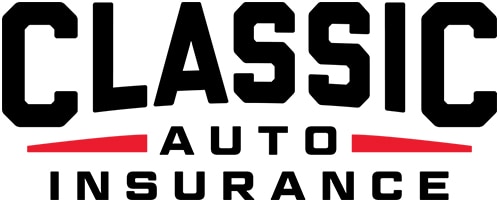As a vehicle enthusiast, you know that your vehicle requires regular maintenance—such as oil changes, tire rotations and replacements, and brake renewal—but what about your vehicle’s cooling system? Your cooling system is critical for your vehicle’s overall engine health and performance, and if you have issues with your cooling system, your engine could have difficulty running at a safe temperature.
Your engine’s cooling system is made up of different parts that can break down or fail to function properly, and this is often the case during the winter and summer months when the cooling system is working extra hard.
Cooling system problems are one of the main reasons why vehicles break down, so you need to be aware of these crucial maintenance tips to extend your car’s lifespan.
Check Your Cooling System Fluids
Your cooling system’s fluids are a mixture of water and engine coolant, which is the same as antifreeze. Engine coolant is designed to regulate your engine’s temperature, and if your engine lacks proper coolant and water levels, your engine’s radiator could overheat or freeze.
When checking your cooling system, you need to make sure that your engine is inactive and cool. You should check your cooling system’s fluid level and cleanliness. If your fluid level is less than full, you should fill it up to the top and check your cooling system for leaks. Your cooling system requires a specific antifreeze-to-water ratio, so you need to ensure you fill it with the correct amount of each. Some coolant solutions already come mixed with the proper antifreeze-to-water ratio, so you should check your solution’s packaging.
If your coolant appears dirty or burnt, it could indicate corrosion or another problem with your cooling system, so you should have a professional service your vehicle to check for problems.
Examine Your Oil Levels and Temperature Gauge
Your engine’s oil level isn’t directly part of its cooling system, but it’s critical for your engine’s overall health, including the cooling system. Proper oil levels keep your engine operating at optimal efficiency, so you need to check your oil levels frequently and change your oil as recommended by the manufacturer.
In addition to checking oil levels, you need to inspect your engine’s temperature gauge regularly. If your temperature gauge is too hot—meaning it’s over 220 degrees—you should pull over and allow your engine to cool. If your engine keeps overheating, you need to get it checked out by a professional. Failing to monitor your temperature gauge can lead to serious consequences for your vehicle’s health.
Check for Leaks
If your coolant levels are low or you notice a pool of coolant under your vehicle, you should check for leaks. A cooling system leak can indicate a weak hose, a loose fitting, or a cracked radiator. You should have a professional inspect your cooling system as soon as possible once you notice a leak.
Inspect Your Engine Fan and Cooling System Hoses
When you’re not using your vehicle and it’s fully cooled, you can examine your fan and hoses for loose fittings, cracks, and leaks. The fan and hoses are made up of rubber and plastic components, so they can break down or wear out over time. Like with coolant leaks, you should have your vehicle serviced if you notice a problem with your engine fan or cooling system hoses.
Have Your Cooling System Serviced
Even if you don’t notice a pressing issue with your cooling system, you should have it serviced regularly. Whenever you receive an oil change, you can request that your mechanic check the health of your cooling system and its fluids.
Mechanics can also test your coolant levels to check your antifreeze’s freezing point, which is especially critical during the winter months.
Additionally, you should have a mechanic flush your cooling system every 30,000 miles or 5 years to remove impurities in the solution, such as dirt and rust.
Get Premium Auto Insurance
Even if you’re diligent about maintaining your cooling system, issues can still emerge. If you have a problem with your cooling system, you may face pricey maintenance costs, and you could end up paying out of pocket if you don’t have quality car insurance.
Here Classic Auto Insurance, we provide robust and affordable auto insurance for classic cars. Our policies include nationwide flatbed towing, so you don’t need to worry about getting stranded on the side of the road because of an overheated engine. If you’re ready to learn more about our insurance policies, contact our experts at 888-901-1338, or click here for an instant quote.





